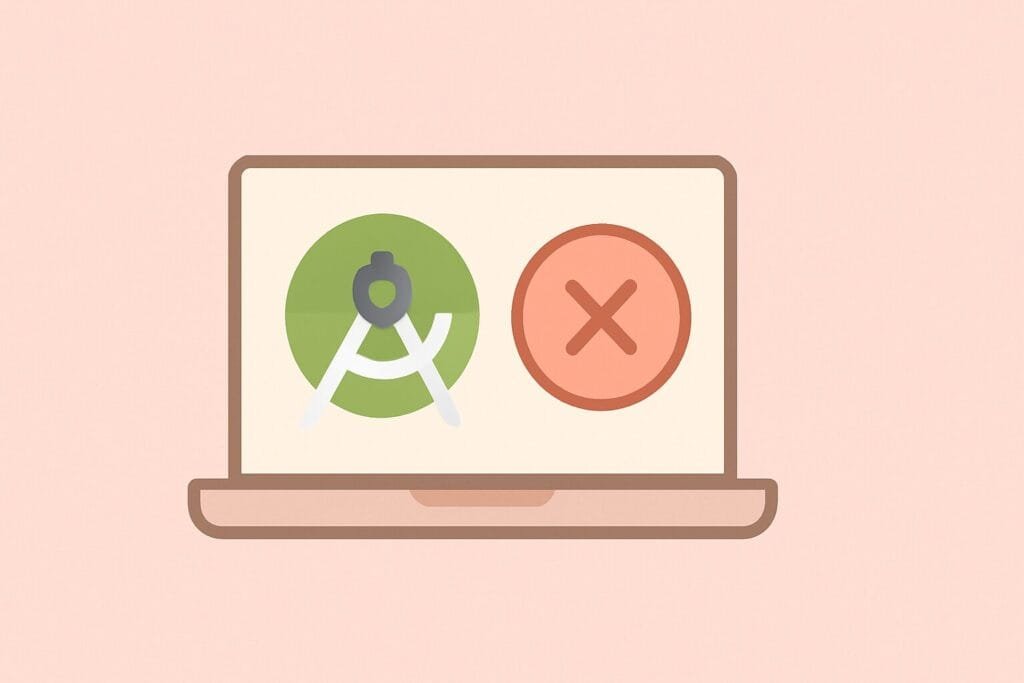Android Studio Gradle Sync Failed – How to Fix
One of the most frustrating errors Android developers frequently encounter is the “Gradle Sync Failed” error in Android Studio. This issue often arises during project setup or when updating dependencies, plugins, or Android Studio itself. Fortunately, it’s not as intimidating as it seems—this guide will walk you through the common causes and actionable fixes for resolving Gradle sync failures.

What Causes the Gradle Sync Failed Error?
Gradle sync failures can stem from various sources, including:
- Incorrect or outdated Gradle version
- Connectivity or proxy issues
- Corrupted Gradle cache
- Conflicting dependencies
- Misconfigured
build.gradlefiles - Version mismatch between Android Gradle Plugin and Gradle
To help you identify the problem faster, here’s a simple comparison of common causes and their typical solutions:
| Issue | Solution |
|---|---|
| Wrong Gradle version | Update Gradle wrapper in gradle-wrapper.properties |
| Proxy / internet issue | Disable proxy or check network firewall settings |
| Corrupted cache | Use File > Invalidate Caches / Restart... in Android Studio |
| Android Gradle Plugin mismatch | Use a compatible Gradle and Plugin version |
| Dependency conflict | Align library versions and remove duplicates |
How to Fix Gradle Sync Failed in Android Studio
Here are step-by-step fixes you can try:
1. Check Your Internet Connection
Gradle downloads files from remote repositories. A poor or blocked internet connection can interrupt the sync process. If you’re behind a corporate proxy or using a VPN, try disabling it temporarily.
2. Invalidate Caches and Restart Android Studio
Sometimes, Android Studio caches may get corrupted. Navigate to:File > Invalidate Caches / Restart... → Select Invalidate and Restart.
This will clean the local cache and refresh project indexing.
3. Match the Gradle and Plugin Versions
Ensure compatibility between the Gradle and Android Gradle Plugin. You can check the latest recommended versions from the official documentation: Official Gradle Compatibility Table
Update the files:
In gradle-wrapper.properties:
distributionUrl=https\://services.gradle.org/distributions/gradle-7.5-bin.zip
In build.gradle (Project):
classpath 'com.android.tools.build:gradle:7.2.0'
4. Clear Gradle Cache and Rebuild
Close Android Studio and delete the .gradle folder in your project root or in your user directory (C:\Users\<username>\.gradle on Windows). Then reopen the project and sync again.
5. Disable Offline Mode
If you’ve enabled offline mode, Android Studio won’t be able to download dependencies.
Check via:File > Settings > Build, Execution, Deployment > Gradle
Uncheck Offline work.
Additional Tips
- Always check the Event Log or Build Output panel for specific error messages.
- Ensure your SDK tools are up-to-date (Android SDK, NDK, Emulator).
- Avoid using unstable library versions unless required.
Conclusion
Gradle sync errors can be annoying, but most are easy to resolve once you identify the cause. Whether it’s a mismatched version or a simple cache issue, taking a structured approach will get your project syncing successfully again.
By following these strategies, you can improve your Android Studio development workflow and minimize downtime caused by sync problems.

